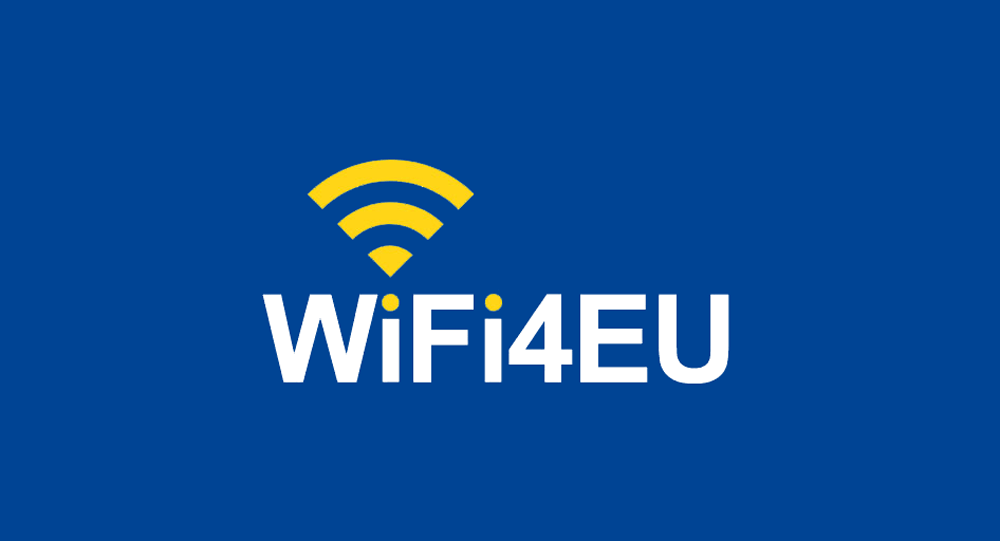WiFi4EU is an initiative of the European Union to promote free, uniform and high-quality WLAN-based Internet access (hotspots) in public spaces throughout Europe. The installation of hotspots is to focus on centers of public life in municipalities, such as marketplaces, town halls, libraries, hospitals and museums.
Local authorities, municipalities as well as municipalities are eligible to apply. In order to apply for the 15,000 euro voucher, municipalities must register on the WIFi4EU portal before the call. Currently, 29,105 municipalities across Europe have registered. The fourth and final call in the European Commission’s current funding period (2014 – 2020) took place from 13:00 CEST on June 3, 2020 and was open until 17:00 CEST on June 4, 2020.
Funding is provided on a first-come, first-served basis with a voucher system in which funding applications are evaluated in the chronological order in which they are received. Up to 100% of the hardware and installation costs of the hotspots are funded. Recipients receive a voucher worth a maximum of EUR 15,000.
EUR 14.2 million was available for this fourth and final call under the WiFi4EU initiative. This means that 947 vouchers worth EUR 15,000 each will be issued across Europe.
The first call for the initiative took place in November 2018 and 2,800 vouchers were awarded following applications from more than 13,000 municipalities from all EU Member States, Norway and Iceland. In the second call in April 2019, 3,400 municipalities won a voucher. Over 10,000 municipalities applied. In the third call for applications in September 2019, all 1,780 available vouchers were awarded in the first few minutes.
WiFi4EU during the coronavirus pandemic
The importance of stable and fast internet connections, both cable-based and mobile, is particularly evident in these times. The last call was originally planned for March 17, 2020. Due to the lockdown regulations in the Member States, the call was postponed in order to ensure equal application conditions for all municipalities in the EU. So far, Wi-Fi networks have also been installed in hospitals (18% of installations to date) and schools (37.5% to date).
The winners of the three calls that have already been carried out must set up the Wi-Fi networks in their municipalities within a regular period of 18 months. However, due to the lockdown regulations in most EU member states, the Wi-Fi networks cannot be installed on time. Together with the European Commission, the Innovation and Networks Executive Agency (INEA) decided to extend the deadline for installing the networks by a further eight months for all previous voucher winners. With this measure, INEA and the European Commission want to contribute to the successful implementation of the vouchers and avoid any returns or even the expiry of the vouchers.

